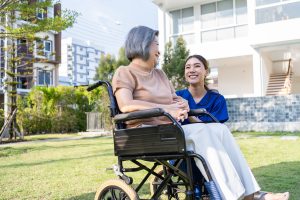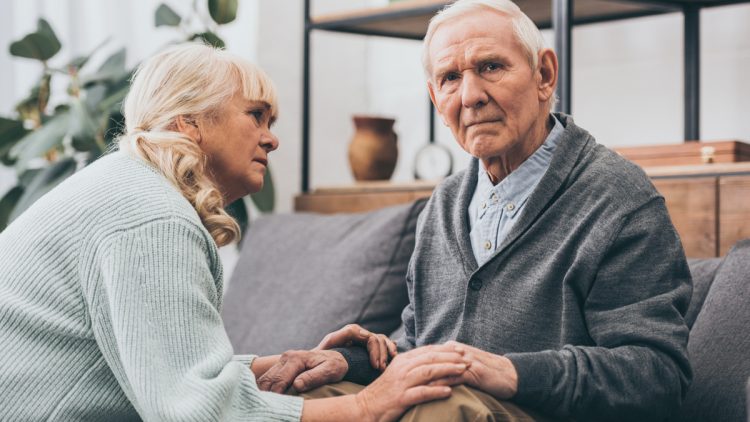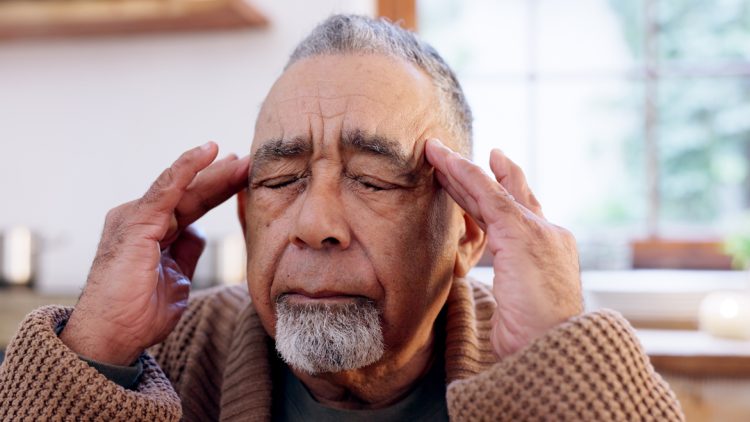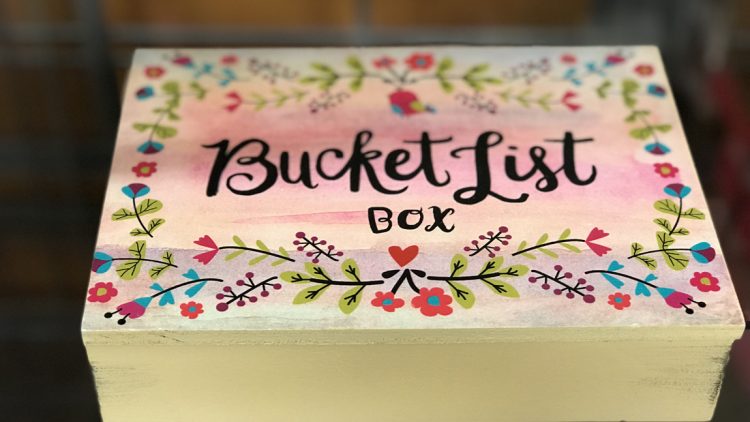What Does Assisted Living Provide?
Let’s take a look at what services/amenities residents can expect assisted living communities to provide.
What Is Assisted Living?
Many see assisted living as being the best of both worlds. A resident is allowed to have as much independence as they want while also knowing that personal support and care services are there if they are needed. Assisted living communities have been designed in order to provide a person with assistance with basic daily living activities like dressing, bathing, grooming and much more.
There are some states that let assisted living provide medication reminders or assistance. These communities are much different from a nursing home because they do not provide any complex medical services.
These communities range from a single residence to be a single care level in a continuing care retirement community. The whole physical environment of assisted living is quite appealing to both the families and potential residents. These communities are able to offer a home like atmosphere with apartments that include either a one bedroom or studio model. The kitchenettes will normally have a microwave and small refrigerator.
What Do Assisted Living Communities Provide?
Most communities will let the resident age within the community. They can do this because most have on-site care and if not, they will work with local providers so that the residents are able to stay within the community as the care level increases. It is this type of care that will be paid in addition to the rent and will vary based on the care that is needed.
Normally, all assisted living communities will offer prepared meals 3 times per day and help with laundry and light housekeeping. Based on the community, a resident could have access to transportation, the post office, beauty salons, swimming pools, and fitness centers. There are also some communities that will plan trips, events and activities that a resident can be a part of which range from concerts to happy hour.
These communities range from a large campus to a small home, and so the amenities will vary based on the community. Another aspect that needs to be mentioned is that many communities will recognize that keeping a pet is important for a resident, and so some communities will let the resident bring a pet as long as they can take care of it.
Assisted living residents can expect the community to provide the following:
- Activities.
- Social engagement.
- Help grooming and dressing.
- Housekeeping.
- Meal preparation.
- Transportation.
- Laundry.
- Medication management.
- In-house convenience offerings.
- Maintenance.
- 24-hour staffing.
What Doesn’t Assisted Living Provide?
Medically complex care is typically not provided in assisted living environments. You will find this more often in skilled nursing facilities. Some communities may offer both skilled nursing and assisted living on the same campus, but these care levels are quite different from one another.
Skilled nursing environments are for patients who require more advanced caregiving than any other living community can provide. Skilled nursing is usually best for seniors who require frequent hospitalizations, are dealing with chronic conditions, or when their current living situation cannot meet their needs.
About Ventana Winds
Ventana Winds Retirement Community is a member of SLS Communities and offers Assisted Living and Memory Care services In Youngtown, Arizona.
More Articles About Senior Living
- How Much Does Memory Care Cost?
- How To Talk To A Parent With Dementia
- Memory Care Facilities Near Me
- Best Golf Clubs For Seniors
- Questions For Assisted Living Interviews
- How To Look Younger At 50
- Retirement Party Ideas
- Can I Retire At 60 With 500K?
- Retire In Youngtown AZ
- Retirement Wishes – 100 Quotes Continued
- Assisted Living vs Memory Care
- Retirement Wishes For A Boss
- Is It Possible To Retire Early At Age 30, Age 40, or Age 50
- Differences Between Independent Living Vs Assisted Living
- Senior Living Youngtown
- How Much Does Assisted Living Cost In Youngtown, Arizona?
- Best Places To Retire In Youngtown Arizona
- Assisted Living Peoria
- What Is Memory Care? The Difference Between Alzheimer’s and Dementia.
- What is Assisted Living?
- What is Arthritis?
- Benefits of Assisted Living
- What is Memory Care?
- Senior Retirement Living Options
- Checklist For Assisted Living
- Best Place To Retire In Sun City Arizona
- Can The IRS Seize My Retirement Money?













